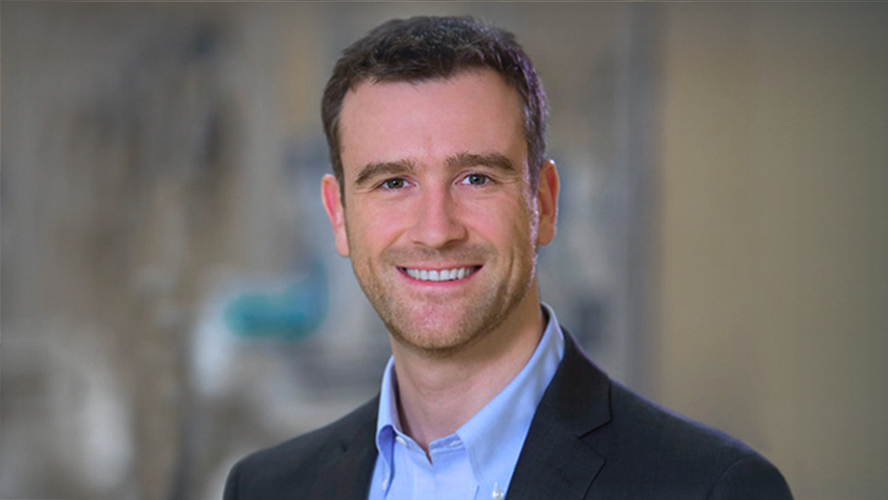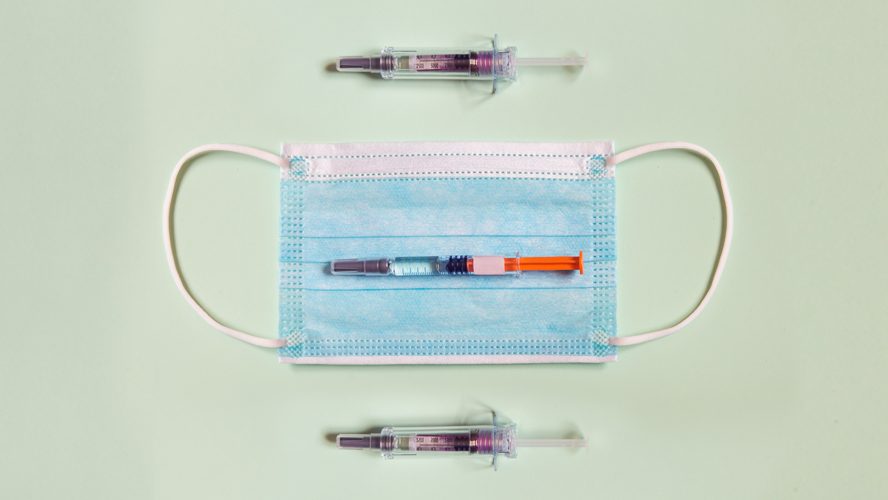
A study published in JAMA and led by researchers at the Toronto General Hospital Research Institute (TGHRI) has provided a new way to conduct clinical trials that enable treatments to be better tailored to individual patients.
“By rethinking how we analyzed clinical trial data, we found a new strategy that could unlock personalized treatments,” says Dr. Ewan Goligher, TGHRI Scientist and the lead author of the study.
The study that was conducted helped to unravel the differing effects of the anticoagulant heparin in individuals hospitalized for COVID-19. Heparin is widely used to prevent and treat blood clots in patients with COVID-19.
“We observed conflicting results between moderate and severely ill patients from previous randomized clinical trials and knew that there was a need to delve deeper into why treatment responses varied,” explains Dr. Goligher.
To address this knowledge gap, the researchers carried out an international randomized clinical study to assess the effectiveness of heparin to prevent blood clots compared to standard treatments. The study included 3320 patients from around the world that were hospitalized for COVID-19 between April 2020 and January 2021.
"An innovative aspect of this study is that we meticulously analysed the data through three different approaches, each of which provided us with a unique perspective on the effects of the treatment," explains Dr. Patrick R. Lawler, TGHRI Scientist and second author of the study.
Typically, medical trials compare the overall effect between treatment and control groups, known as the 'average treatment effect'. However, individual responses can vary greatly. The challenge is to identify which patients benefit without resorting to guesswork. This study is the first to employ and compare two new cutting-edge methods for analyzing trials: one based on modeling the risk of complications and the other on using machine learning to identify patients that can benefit from the treatment.
The findings consistently revealed specific patterns across the different data analyses that were carried out. Dr. Goligher elaborates, “Patients who did not require organ support demonstrated potential benefits, as did women and those with lower body weight. Conversely, patients with higher body weight and those requiring organ support were more likely to experience negative effects.”
“The success of this trial reveals a path towards optimizing treatment decisions in individual patients and suggests that our approach could be applied to clinical trials for other treatments and diseases. This new approach could have wide-reaching impacts by improving treatments and the health of patients worldwide,” adds Dr. Goligher.
This work was supported by the Platform foR European Preparedness Against (Re-)emerging Epidemics (PREPARE) Consortium, the Rapid European Covid-19 Emergency Response research (RECOVER) Consortium, the Australian National Health and Medical Research Council, the Health Research Council of New Zealand, the Canadian Institutes of Health Research, the National Institute for Health and Care Research, the NIHR Imperial Biomedical Research Centre (BRC), the Health Research Board of Ireland, the UPMC Learning While Doing Program, the Translational Breast Cancer Research Consortium, the French Ministry of Health, the Minderoo Foundation, Amgen, Eisai, the Global Coalition for Adaptive Research, the Wellcome Trust Innovations Project and the UHN Foundation. Dr. Goligher is an Assistant Professor at the Interdepartmental Division of Critical Care Medicine at the University of Toronto.
Dr. Goligher, Dr. Lawler, Mr. Jensen, Dr. L.R. Berry, Dr. Lorenzi, Dr. S. Berry, Dr. McVerry, Dr. Bradbury, Dr. Berger, Dr. Castellucci, Dr. Kornblith, Dr. Gordon, Dr. McArthur, Dr. Hochman, Dr. Neal, and Dr. Zarychanski have reported financial support from a variety of organizations and companies. For full details, please see the ‘Conflict of Interest Disclosures’ section in the research article.
Goligher, E. C., Lawler, P. R., Jensen, T. P., Talisa, V., Berry, L. R., Lorenzi, E., McVerry, B. J., Chang, C. H., Leifer, E., Bradbury, C., Berger, J., Hunt, B. J., Castellucci, L. A., Kornblith, L. Z., Gordon, A. C., McArthur, C., Webb, S., Hochman, J., Neal, M. D., Zarychanski, R., … REMAP-CAP, ATTACC, and ACTIV-4a Investigators (2023). Heterogeneous Treatment Effects of Therapeutic-Dose Heparin in Patients Hospitalized for COVID-19. JAMA, 329(13), 1066–1077. DOI: 10.1001/jama.2023.3651

At the onset of the pandemic, front line works observed an increased incidence of blood clotting complications in COVID-19 patients. Heparin was recognized as way to prevent and mitigate clotting and was quickly deployed because it was previously approved and clinically tested.




